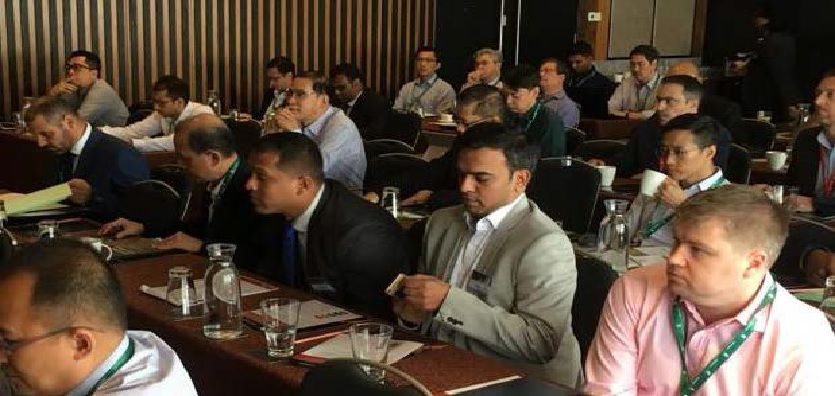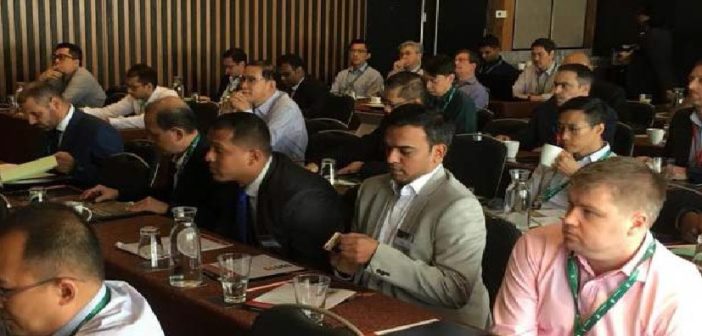
 Early in July this year, the Maltese Parliament passed 3 bills into law and established the world’s first regulatory framework for Distributed Ledger Technology (DLT), such as cryptocurrency businesses (including exchanges) and virtual assets.
Early in July this year, the Maltese Parliament passed 3 bills into law and established the world’s first regulatory framework for Distributed Ledger Technology (DLT), such as cryptocurrency businesses (including exchanges) and virtual assets.
(The Malta Digital Innovation Authority Act (MDIA Act) establishes the Malta Digital Innovation Authority to certify DLT platforms to ensure credibility and provide legal certainty to users; The Innovative Technology Arrangement and Services Act (ITAS Act) deals with the setting up of exchanges and other companies operating in the cryptocurrency market; and the last bill, Virtual Financial Assets Act (VFA Act), establishes the regulatory regime governing ICOs, cryptocurrency exchanges, wallet providers).
As Malta sets its ambition to become the go-to location for startups and an innovation-driven economy, it also understands that security plays an important part in transforming into a digital society.
“Security is there to facilitate the business, not to work against it”, stressed Ronald Psaila, CIO within the Public Service of Malta, at the Marcus Evans’ Cyber Security Forum: Data Governance and Transformation Success (Hilton Hotel Singapore 8th-9th Oct).
In embedding security into technological solutions, Mr Psaila pointed out “most of the challenges are not related to technology but to social relationships, lack of security awareness, poor strategic vision and ambiguous reporting structures”…Click here to read full article.






